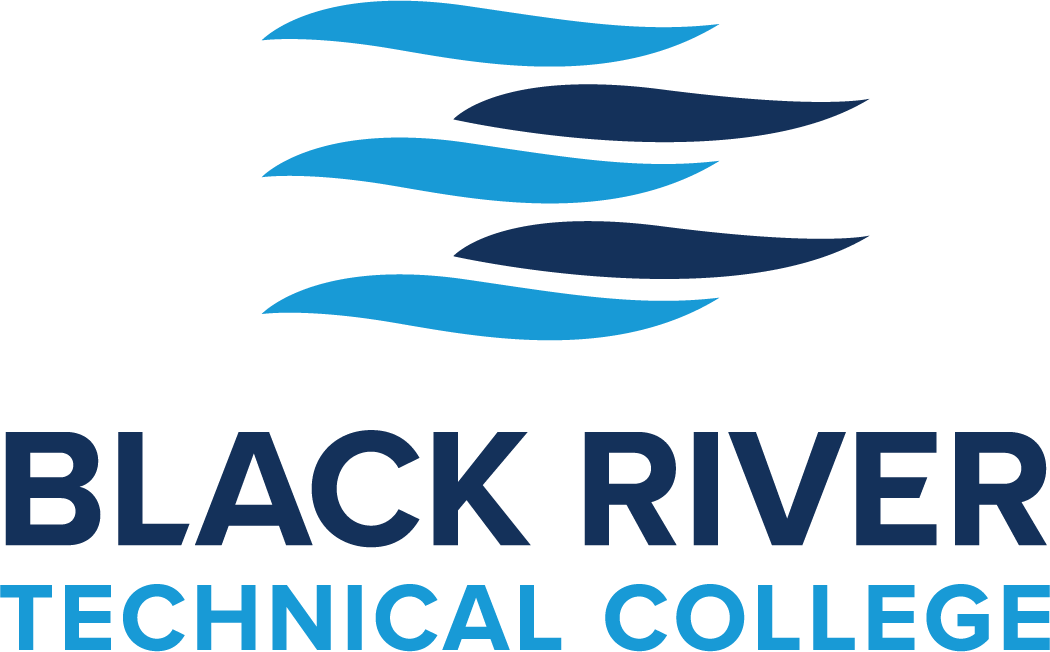BRTC works closely with local and state workforce development agencies and area economic development initiatives to serve the needs of businesses and industries within Clay, Greene, Lawrence, and Randolph counties in developing workforce programs which benefit the workforce and employers.
Locations
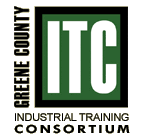 We offer training in Pocahontas, Paragould, and online. We are also proud to serves as the sole provider of education for the Greene County Industrial Training Council (GCITC).
We offer training in Pocahontas, Paragould, and online. We are also proud to serves as the sole provider of education for the Greene County Industrial Training Council (GCITC).
Programs
Overview
This 8-hour National Electrical Code Update class is open to all Master and Journeyman Electricians. This class will cover the following:
- Which articles changed in the yearly Code
- New articles for this year's Code
- Definitions
- Requirements for Electrical Installations
- Wiring and Protection
- Wiring Methods
- Equipment for General Use
- Special Occupancies
- Special Equipment
Note: All licensed electricians in Arkansas are required to complete a code update course once per code cycle to maintain their current license.
Upon successful completion, participants will receive certificates awarding them .8 Continuing Education Units (CEUs).
Cost
$85 which covers materials and lunch
Course Description
CCE-HS106: NEC Code Update, 0.8 CEUs
8 hours lecture
CIP Code 15.0399
This 8-hour National Electrical Code Update class is open to all Master and Journeyman Electricians. Along with covering what articles changed in the yearly code, participants will also go over voltage drop and motor calculations. Upon successful completion, participants will receive certificates awarding them 0.8 Continuing Education Units (CEUs).
This 2-year customized program in specialized automation training will focus on Programmable Logic Controllers, industrial devices, and sensors used to control manufacturing processes and equipment. The Black River Automation Technology program will enable electrical maintenance, PLC technicians, and systems engineers to better understand and utilize their PLC technology, which will help them minimize downtime and reduce waste.
Overview
In this increasingly competitive marketplace, companies must improve production output and reduce downtime to remain competitive. This specialized automation training will focus on Programmable Logic Controllers, industrial devices, and sensors used to control manufacturing processes and equipment. The Black River Automation Technology program will enable electrical maintenance, PLC technicians, and systems engineers to better understand and utilize their PLC technology, which will help them minimize downtime and reduce waste. Black River developed this program in response to needs expressed by area industries for in-depth, formal automation technology training to help present employees program devices to full potential.
The two year program will be customized to offer the student with a certificate of competency from Black River Technical College. The semesters will be 15 weeks in length. Both Allen Bradley and Black River training materials will be incorporated.
Who Should Attend
Personnel involved with the maintenance and troubleshooting of automated systems controlled by a PLC such as electrical maintenance, PLC technicians, and systems engineers.
Duration
This program lasts 2 years.
[accordions initialAccordion="0"] [accordion title="Outcomes and Objectives"]
First Year
- Work safely and competently with PLCs
- Be able to connect a laptop to the PLC and monitor
- Perform PLC maintenance procedures
- Troubleshoot common PLC and field faults
- Understand and follow more complex program code
- Use more powerful program monitor and display tools
- Be able to use enhanced diagnostic tools to quickly identify and resolve abnormal system operation
- Communications and Networking
Second Year
Use PLCs in conjunction with:
- Work safely and competently with motors and drives
- Precision Control & Troubleshooting of stepper motors and drives including torque, speed, position, and interfacing servo drives
- Understand and control servo systems including torque, position, velocity, and speed.
- Interface servos: understand feedback, wiring, and troubleshooting
- Understand Hydraulics and Pneumatics: symbols and schematic reading, pressure and flow of gases and liquids, control circuits
- Understand Temperature Control: measurement, PID control, thermocouplers and RTDs, discrete temp, tuning temp loops
[/accordion] [accordion title="Program Outline/Curriculum"]
Semester 1: 90 Hours
| Topics | Hours |
|---|---|
| Voltage, Current, Resistance | 9 Hrs |
| OHM's Law | 12 Hrs |
| Series & Parallel Circuits | 12 Hrs |
| Transformers | 12 Hrs |
| Introduction to Electrical/Electronic Components | 9 Hrs |
| Development of Wiring Diagrams | 9 Hrs |
| Numbering Systems & Codes | 9 Hrs |
| Introduction to PLC Hardware Components | 6 Hrs |
| Fundamentals of PLC Logic | 12 Hrs |
Semester 2: 90 Hours
| Topics | Hours |
|---|---|
| Introduction to PLC Function Library | 12 Hrs |
| Developing Ladder Logic Diagrams | 9 Hrs |
| PLC to Computer Interface | 9 Hrs |
| Introduction to Discrete Devices, Timers & Counters | 6 Hrs |
| Development of PLC Programming | 36 Hrs |
| PLC Installations, Editing & Troubleshooting | 6 Hrs |
| Introduction to Temperature, Pressure and Flow Controls | 12 Hrs |
Semester 3: 90 Hours
| Topics | Hours |
|---|---|
| RS Logix5000 | 30 Hrs |
| Networking Ethernet | 16 Hrs |
| Integrating Digital Drives with PLC Systems | 30 Hrs |
| Introduction to Process Control Systems | 14 Hrs |
Semester 4: 90 Hours
| Topics | Hours |
|---|---|
| Introduction to Function Block Programming | 24 Hrs |
| Advanced PLC Programming | 30 Hrs |
| Structured Text Programming | 16 Hrs |
| Hydraulics and Pneumatics | 20 Hrs |
Cost
- Member - $ 1,295
- Non-Member - $1,695
If you are a GCITC member company, please be aware that this registration commits your company to pay for the class whether your employees attend or not. After the class begins you will receive an invoice from GCITC.
For non-members, the online registration system does not accept credit card or paypal payments at this time, so please be sure to mail your check made payable to BRTC/GCITC within a few days after registration, as you will not be officially registered until we receive your payment for the class.
<h3>Overview</h3>
This 48-hour hands-on course will provide students with a practical introduction to electrical laws and principles as it applies to industry.
Learn to maintain and troubleshoot control equipment used in the manufacturing processes to safely and effectively improve productivity and performance. From DC and AC fundamentals to the electrical code, control systems, instrumentation, and more, the class will gain basic electrical theory and will apply their knowledge in practical, safe hands-on projects and assignments.
<h3>Who Should Attend</h3>
<ul>
<li>Electricians</li>
<li>Technicians</li>
<li>Maintenance Personnel</li>
<li>Anyone interested in attending Automation Technology</li>
</ul>
<h3>Topics Covered</h3>
<ul>
<li>Intro to Electrical Theory</li>
<li>Ohm Law</li>
<li>Series and Parallel Circuits</li>
<li>Combination Circuits</li>
<li>AC and Transformers</li>
<li>3 Phase power and Transformers</li>
<li>AC Power and Power Factor</li>
<li>Capacitors and Inductors</li>
<li>Intro to Industrial Controls and Components</li>
<li>MCR Strings and Stop/Start Circuits</li>
<li>Digital vs Analog Signals, Reading and Measuring -10V and 4-20mA signals</li>
<li>AC Motors</li>
<li>AC Drives</li>
<li>Temperature Control using PID Loops</li>
<li>Semiconductors, Diodes, LEDs, SCRS, and rectifiers</li>
<li>Introduction to PLC Hardware and troubleshooting</li>
</ul>
<h3>Cost</h3>
<ul>
<li>$479.00 - Members</li>
<li>$499.00 - Non-Members</li>
</ul>
Students in the program spend the first 40 hours in the classroom preparing for the Commercial Learner’s Permit Exam. After earning a permit, students spend the next four weeks focusing on vehicle inspection, preventative maintenance, and hands-on defensive driving. They will have range practice, behind-the-wheel driving time, and one trip to Newport to test in the same vehicle used during the training program.
Students are required to demonstrate proficiency in shifting, backing up, and city and highway driving as required by the Federal Motor Carrier Safety Administration rules and regulations.
New classes form every 5 weeks.
Cost
$3,500
Additional training time after the program has concluded may incur an additional fee, to be determined.
If needed, additional testing fees will be $125each.
The written permit test must be obtained before admission to the driving portion of the class.
Early Childhood Training
The Corporate & Community Education Department offers specialized training for childcare education through the Division of Child Care & Early Childhood Education. Our department strives to provide professional development to improve the quality of care and education for young children throughout Arkansas.
Child Development Associate Program (CDA)
The CDA Program represents a national effort to credential qualified caregivers who work with children from birth through five years of age. This program is able to meet the specific needs of children, and it works with families to help nurture a child\'s physical, social, emotional, and intellectual growth.
Requirements
- 9 Credit Hours
- 18 years of age or older
- High school diploma or GED
- 480 hours of professional experience in childcare
- 120 hours of professional childcare education
Curriculum
- Planning a safe and healthy learning environment
- Advancing children\'s physical and intellectual development
- Encouraging the development of children\'s social and emotional skills
- Establishing productive relationships with families
- Managing an effective program operation
- Maintaining a commitment to professionalism
- Observing and recording children\'s behavior
Childcare Orientation Training
Child Care Orientation Training (CCOT) provides participants with the knowledge and skills necessary to provide quality care for children. This 10-hour program also aids in establishing and maintaining a positive relationship with families and other staff members. All child caregivers who have had little or no previous childcare training should attend CCOT.
Benefits
- 10 hours (1.0 CEU's) of quality childcare training
- Interaction with other caregivers
- Opportunity for professional development
- Certificate of Completion with 1.0 CEU\'s
Curriculum
- Childcare as a Profession
- Developmentally Appropriate Practice
- Handling Emergencies & Guiding Children
- Observation/Assessment/Accountability
- Child Growth & Development
- Children\'s Health & Safety
- Communication
- Human Diversity
Pre-K Framework Handbook (Pre-K FH)
Pre-K Framework Handbook is a 30-hour (3.0 CEU\'s) course designed to train early childhood professionals in the use of the Arkansas Early Childhood Education (AECE) Framework Handbook.
Curriculum
- The Foundation of Social-Emotional Learning
- Social-Emotional Development
- Temperament
- Influences of Social-Emotional Learning I & II
- Building Positive Relationships
- Classroom Preventive Practices I, II, & III
- Understanding Behavior I & II
- Social-Emotional Teaching Strategies I & II
- Intensive Individualized Interventions I & II
The Corporate & Community Education Department invites you to continue your education through specialized training offered at Black River Technical College through the Division of Child Care & Early Childhood Education. Our department provides professional development in several key areas to improve the quality of education for young children throughout Arkansas. Provided in several classes are a variety of extra materials and resources available to all participants.
Child Development Associate Program (CDA)
The Child Development Associate Program (CDA) is for the individual who works with children from birth through five years of age and has become credentialed qualified caregivers following this national format. The CDA qualified person is able to meet the specific needs of children, and works with families and other adults to nurture a child\'s physical, social, emotional, and intellectual growth in a child development framework.
What is a CDA?
A Child Development Associate is an individual who has successfully completed a CDA assessment and has been awarded the CDA Credential. She/he is able to meet the specific needs of children and works with parents and other adults to nurture children’s physical, social, emotional, and intellectual growth in a child
development framework.
CDAs have demonstrated competence in their ability to meet the CDA Competency Goals through their work in a center-based, home visitor or family child care program. In addition, an individual who has demonstrated competence in meeting bilingual CDA criteria is a CDA with a bilingual specialization.
Requirements
- 9 Credit Hours
- Must be 18 years of age or older
- Hold a high school diploma or GED
- Have 480 hours of professional experience working with children within the past five years
- Have completed 120 clock hours of formal childcare education in eight CDA subject areas
Select a CDA Setting
Persons wishing to seek a CDA credential must select one of the following settings for CDA Assessment:
- Center-based preschool – licensed or registered child care center serving children aged 3 through 5 years
- Center-based infant/toddler setting – licensed or registered child care center serving children aged under 3
- Family/child care setting – licensed or registered family child care home serving children 5 years old or younger
- Bilingual setting – child care program that has specific goals for achieving bilingual development in children and in which two languages are consistently used in daily activities
Curriculum
- Planning a safe, healthy learning environment
- Steps to advance children\'s physical & intellectual development
- Positive ways to advance children\'s social & emotional development
- Strategies to establish productive relationships with families
- Strategies to manage an effective program operation
- Maintaining a commitment to professionalism
- Observing & recording children's behavior
Childcare Orientation Training (CCOT)
Ten hours of basic orientation training for child care workers is being offered through a program provided by the University of Arkansas in collaboration with secondary vocational centers, post-secondary vocational-technical schools, technical institutes, technical colleges, and community colleges.
Who Should Attend
- All child caregivers who have had little or no previous childcare training
- FREE 10 hours (1.0 CEUs) Quality childcare training
- Participant Materials
- Interaction with other caregivers
- Opportunity for Professional Development
- Certificate of Completion with 1.0 ceu\'s
- Completing CCOT is a requirement of anyone interested in applying for a CDA Scholarship
What are the benefits of CCOT?
- Quality child care training
- Opportunity for professional development
- Interaction with other caregivers
- Participant materials and certificate of completion
- Graduates become eligible for CDA scholarship funds
- Continuing Education Units (CEUs)
Curriculum
- Early Care and Education as a Profession
- Best Practice for the Developing Child
- Guiding Children
- Children\'s Health
- Children\'s Safety
Pre-K Early Literacy Learning in Arkansas (Pre-K ELLA)
A primary resource in promoting literacy are Preschool teachers. Each day they have opportunities to engage children to develop skills to become proficient readers and writers. The Pre-K Early Literacy Learning in Arkansas (Pre-K ELLA) Specialized training is offered to early childhood professionals. Pre-K ELLA is a 30 hour (3.0 CEUs) course designed covering 16 lessons, opportunity for professional development and interaction for those teachers of 3 to 5 year old students.
Purpose
- Advance teacher understanding of how 3-to-5 year old children develop language and literary skills
- The importance of child development
- Present tools and techniques teachers can use in their classrooms
- Transfer Pre-K ELLA teacher training into children\'s everyday experiences and activities
- Assist teachers in developing strategies for family involvement in language and literacy experiences at home
- Make language and literacy experiences enjoyable for teachers, families and children
Curriculum
- The Foundation for Language and Literacy Learning
- Creating Learning Environments That Are Literacy Rich
- Supportive Social & Emotional Environments
- Assessment through Observation & Portfolios
- Language Development
- Phonological Awareness
- Role of Play in Promoting Language and Literacy
- Fostering children\'s literacy development through the family
- Storytelling
- Dramatic Play and Creative Drama
- Environmental Print
- And More!
Pre-K Standards: Arkansas CDELS (Pre-K S)
This Pre-K Standards course provides early childhood professionals a foundation in the early learning standards, strategies for implementing the Arkansas Child Development and Early Learning Standards in classrooms through knowing children, preparing the environment, curriculum planning, and ways to support and engage families. The Pre-K Standards is a free 21-hour (2.1 CEUs) in-depth training that focuses on children 36 through 60 months.
Purpose
- Understand how to use the Arkansas Child Development and Early Learning Standards: Birth through 60 Months
- Provide current and continued theory and research in regards to child development
Curriculum
- Introduction and Overview of the Arkansas Child Development and Early Learning Standards: Birth through 60 Months
- Knowing Children: Theory and Research
- Knowing Children: Child Development
- Preparing the Environment
- Topics of Study: Approach to Curriculum Development
- In-depth Exploration of a Topic of Study
- Engaging Families
Pre-K Social-Emotional Learning (Pre-K SEL)
Provides teachers of 3-to-5 year-olds specialized training to advance understanding of how children develop social and emotional skills. This 45 hours (4.5 CEUs) Specialized training is offered as FREE training in 15 lessons to build warm relationships with children, families, and co-workers; create productive classroom climates; prevent challenging behavior; manage disruptive behavior; and teach new skills to children so they enter kindergarten ready to learn.
Purpose
- Advance understanding of how children develop social and emotional skills
- Present techniques for developing positive relationships
- Provide tools and strategies for implementing preventive classroom practices
- Enhance knowledge and skills
- Present methods for implementing intensive individualized interventions
Curriculum
- The Foundation of Social-Emotional Learning
- Social-Emotional Development
- Temperament
- Influences on Social-Emotional Learning I & II
- Building Positive Relationships
- Classroom Preventive Practices I, II & III
- Understanding Behavior I & II
- Social-Emotional Teaching Strategies I & II
- Intensive Individualized Interventions I & II
Pre-K Math and Science (Pre-K MS)
Provides early childhood educators specialized training to understand how everyone can succeed at math and science. This 30 hours (3.0 CEUs) Specialized training is offered as FREE training in 10 lessons to early childhood educators identify the skills and concepts that can be used to investigate the world and the importance of in-depth investigations of meaning topics over time.
Purpose
- Understand that everyone can be a scientist
- Identify skills and concepts to investigate the world
- Understand the importance of in-depth investigations
Curriculum
- The Foundation of Math and Science with Young Children
- Theory and Research: How Children Explore the World
- Inquiry and Processing Skills
- Math and Science Learning Environment
- Numbers and Patterns
- Physical Science and Life Science
- Geometry and Measurements
- Earth Science and Nature
- Projects: Investigation and Exploration
- Projects: Documentation
Arkansas Academic Standards and Beyond
This 6 hours (0.6 CEUs) Specialized training is offered as FREE training to early childhood educators critically analyze the connection between the K-12 Arkansas Academic Standards and the Arkansas Child Development and Early Learning Standards: Birth through 60 Months. Also provided is an overview of the K-12 Arkansas Academic Standards for Mathematics and English Language Arts.
Curriculum
- Overview of the Arkansas Academic Standards (The What, Why and How)
- Arkansas Academic Standards for English Language Arts
- Arkansas Academic Standards for Mathematics
- Arkansas Academic Standards and the Future
Course Descriptions
CCE-CH101: Childcare Orientation Training CCOT, 1.0 CEUs
10 hours Lecture
CIP Code 13.121
CCOT is designed to pr50ovide child caregivers with the basic knowledge needed to guide children safely through a variety of daily educational experiences. CCOT Objectives include understanding the characteristics of quality child care programs, identifying the responsibilities of a caregiver, recognizing professionalism in child care, describing best practice, understanding the stages of child development, procedures for fighting germs, promoting children’s health, identifying ways to prevent injuries, maintaining a safe environment and describing guidance techniques.
CCE-CH102: Pre-K Ella, 3.0 CEUs
30 hours lecture
CIP Code 13.121
The goal of Pre-K ELLA Training is to provide participants with the knowledge and skills to implement developmentally appropriate experiences that promote emergent literacy skills for children prior to the entry into Kindergarten.
WF01-2019NC: Pre-K Ella: 3.0 CEUs
30 hours lecture
CCE-CH103: Pre-K SEL, 4.5 CEUs
45 hours lecture
CIP Code 13.121
The goal of Pre-K Social Emotional Learning (Pre-K SEL) is to provide participants with the knowledge and skills to build warm relationships with children, parents and co-workers; create positive and productive classroom climates; prevent challenging behavior; manage disruptive behavior and teach children new skills so they enter kindergarten ready to learn.
CCE-CH104: Pre-K Standards, 2.1 CEUs
21 hours lecture
CIP Code 13.121
The purpose of Pre-K Standards Training is to help early childhood professionals understand how to use the AR Child Development and Early Learning Standards by offering 21 hours of in-depth training focusing on children 36 through 60 months.
Helps early childhood educators understand how to implement the Arkansas Child Development and Early Learning Standards.
- Introduction and Overview of the AR Child Development and Early Learning Standards: Birth through 60 months
- Knowing the Children
- Preparing the Environment
- Planning and Implementing Activities
- Selecting Topics of Study Through Observation and Assessment
- In-Depth Exploration of a Topic of Study
- Engaging Families and Communities
CCE-CH105: Pre-K Math and Science, 4.5 CEUs
45 hours Lecture
CIP Code 13.121
Provides teachers of three to five-year old’s with an interactive learning experience focused on how young children learn. Teaches math and science concepts appropriate for young children, and the application of math and science concepts through in-depth study of interesting topics.
CCE-CH106: Cradling Literacy, 2.4 CEUS
24 hours Lecture
Cradling Literacy is a free, twelve-session specialized course designed to help early childhood teachers understand and develop skills to support early language and literacy development in children aged birth to five. This training will demonstrate how relationships can affect brain development and how culture and reflection can bridge differences in beliefs about child-rearing and child development.
CCE-CH107: The Growing Brain: From Birth to 5 Years Old, 1.5 CEUs
15 hours
- Unit 1: Brain Basics
- Unit 2: Factors Affecting Brain Growth and Development
- Unit 3: Communication and Language Development
- Unit 4: Cognition and Executive Function
- Unit 5: Social–Emotional Development
- Unit 6: Understanding Behavior
- Unit 7: The Everyday Play
CCE-CH108: Family Services Certification, 0.6 CEUs
6 hours lecture
Specialized Services
BRTC's Corporate and Workforce Training department works closely with industry and business to provide the services to which they may not have access. These services are customized just for your needs.
Training Calendar
Current
- September 7, 2024
-
-
12:00 am - 11:59 pm
Pharmacy Technician Fall 2024 Online
-
- September 8, 2024
-
-
12:00 am - 11:59 pm
Pharmacy Technician Fall 2024 Online
-
- September 9, 2024
-
-
12:00 am - 11:59 pm
Pharmacy Technician Fall 2024 Online -
5:30 pm - 7:30 pm
Basic Industrial Electricity- Circuits & Devices -
5:30 pm - 9:30 pm
Electrical Apprenticeship Year 3&4
-
Upcoming
- September 9, 2024
-
-
5:30 pm - 7:30 pm
Basic Industrial Electricity- Circuits & Devices
-
- September 18, 2024
-
-
8:00 am - 12:00 pm
PRIVATE - PMU University - GIN
-
- September 24, 2024
-
-
5:30 pm - 8:30 pm
MS Excel Level 2
-
Workforce Training Contracts

B.S., M.S.E., Arkansas State University
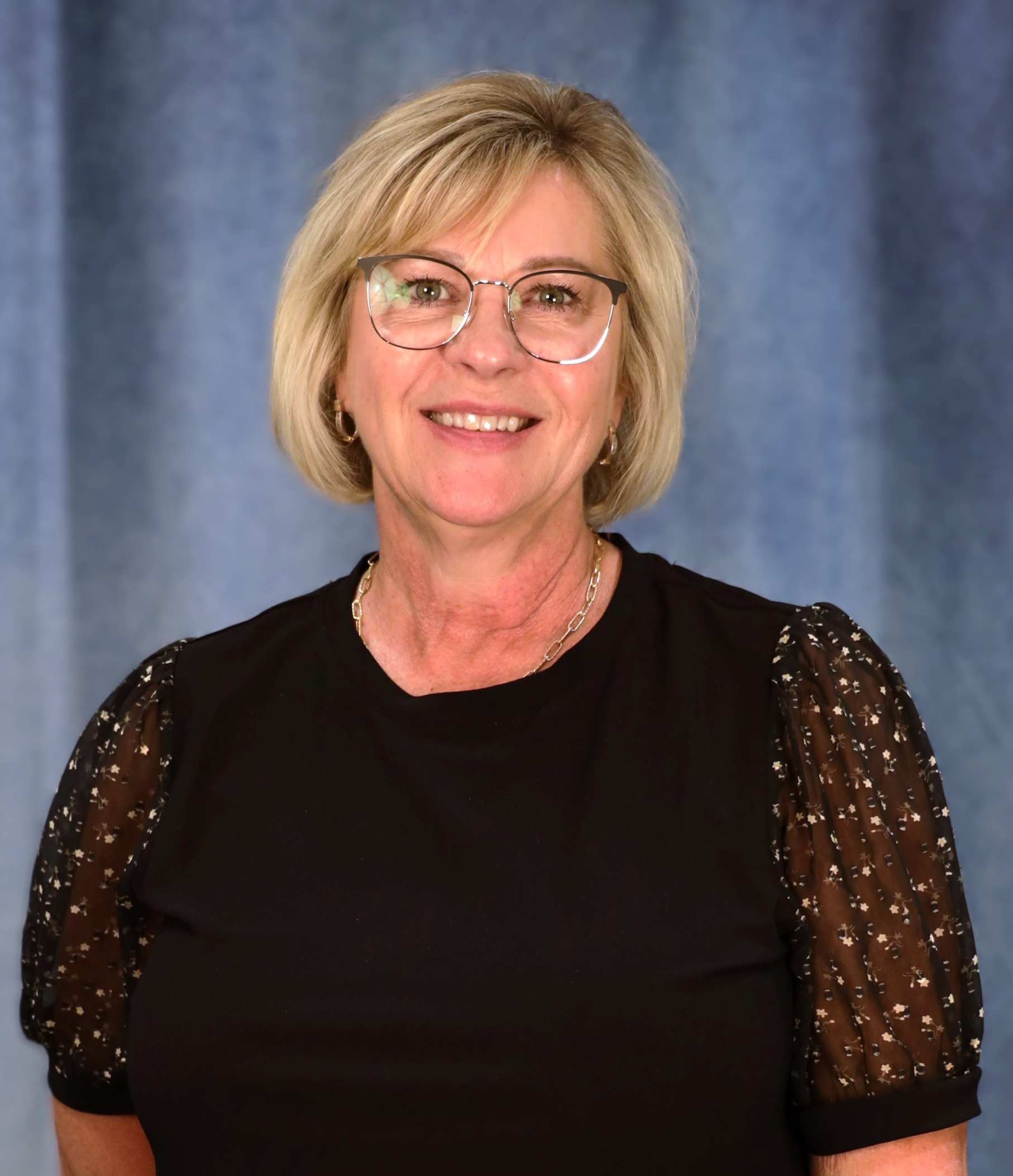
Bradford, Dana
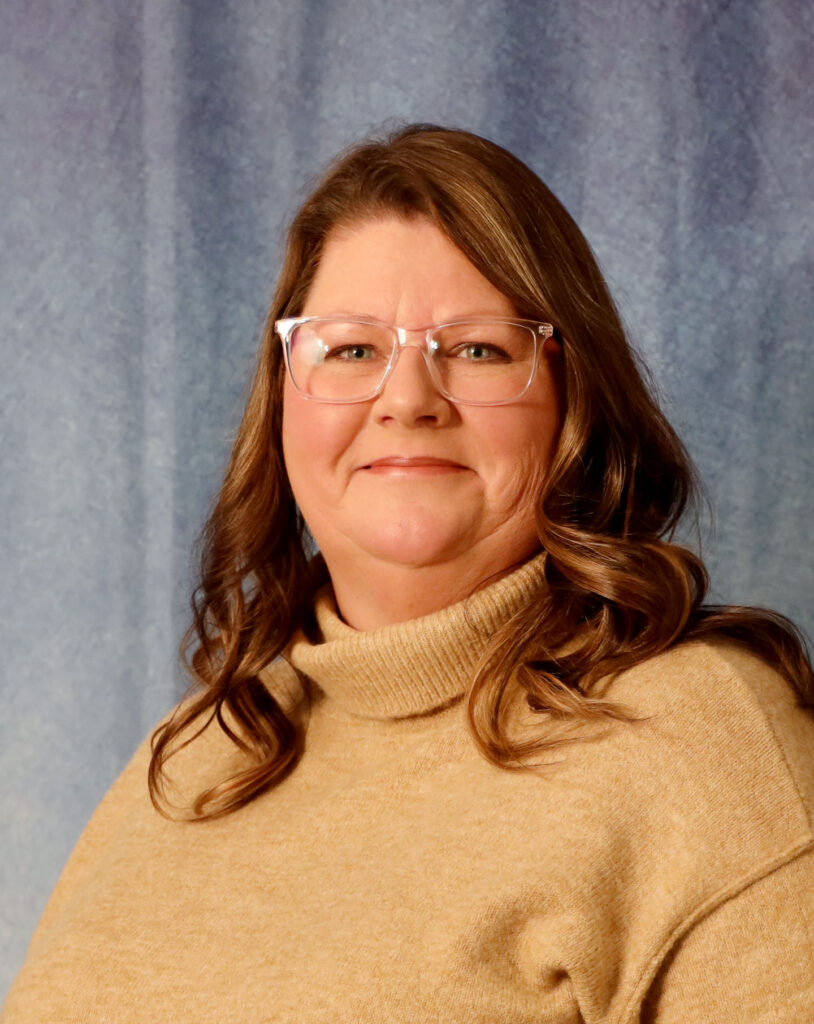
A.A., Black River Technical College; B.A., Arkansas State University

Exum, April
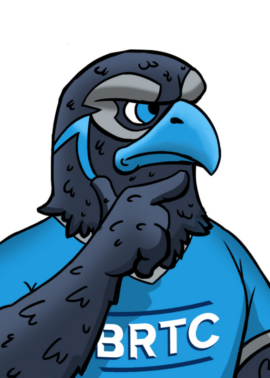

Higginbotham, Kenny


Hynds, Marcus
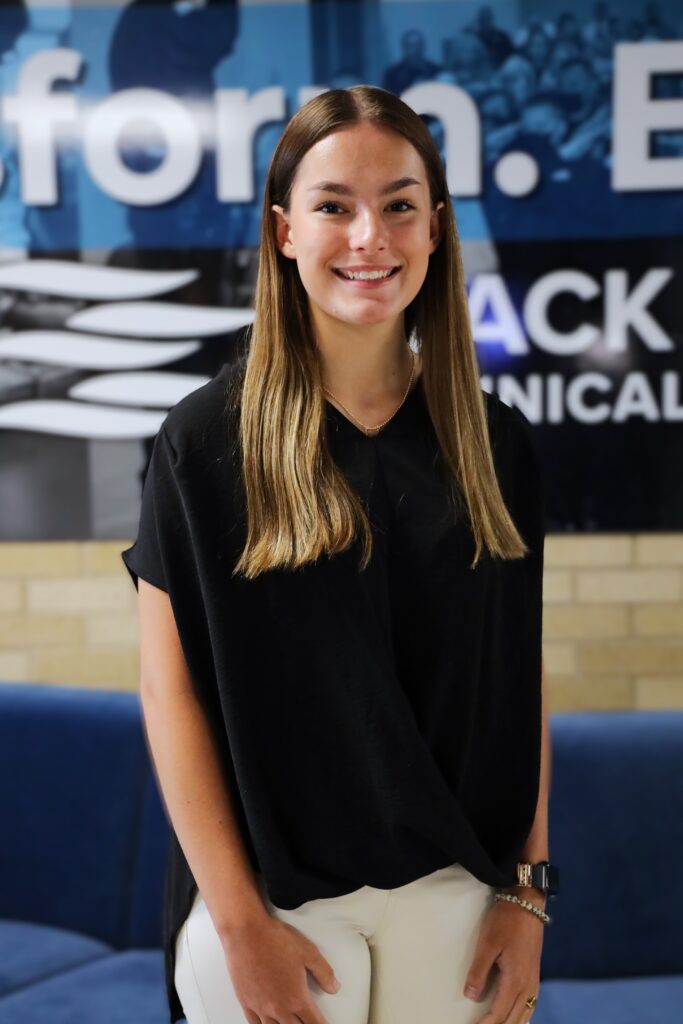

Newman, Destiny
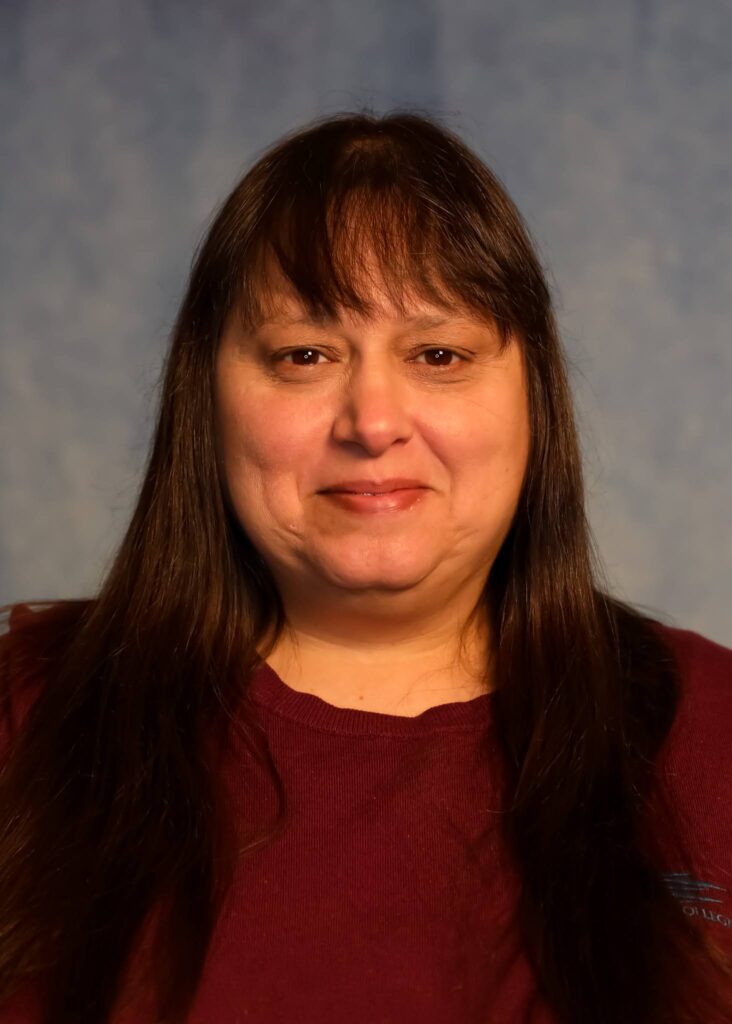
M.B.A., B.S., John Brown University; A.A.S., State Technical Institute at Memphis
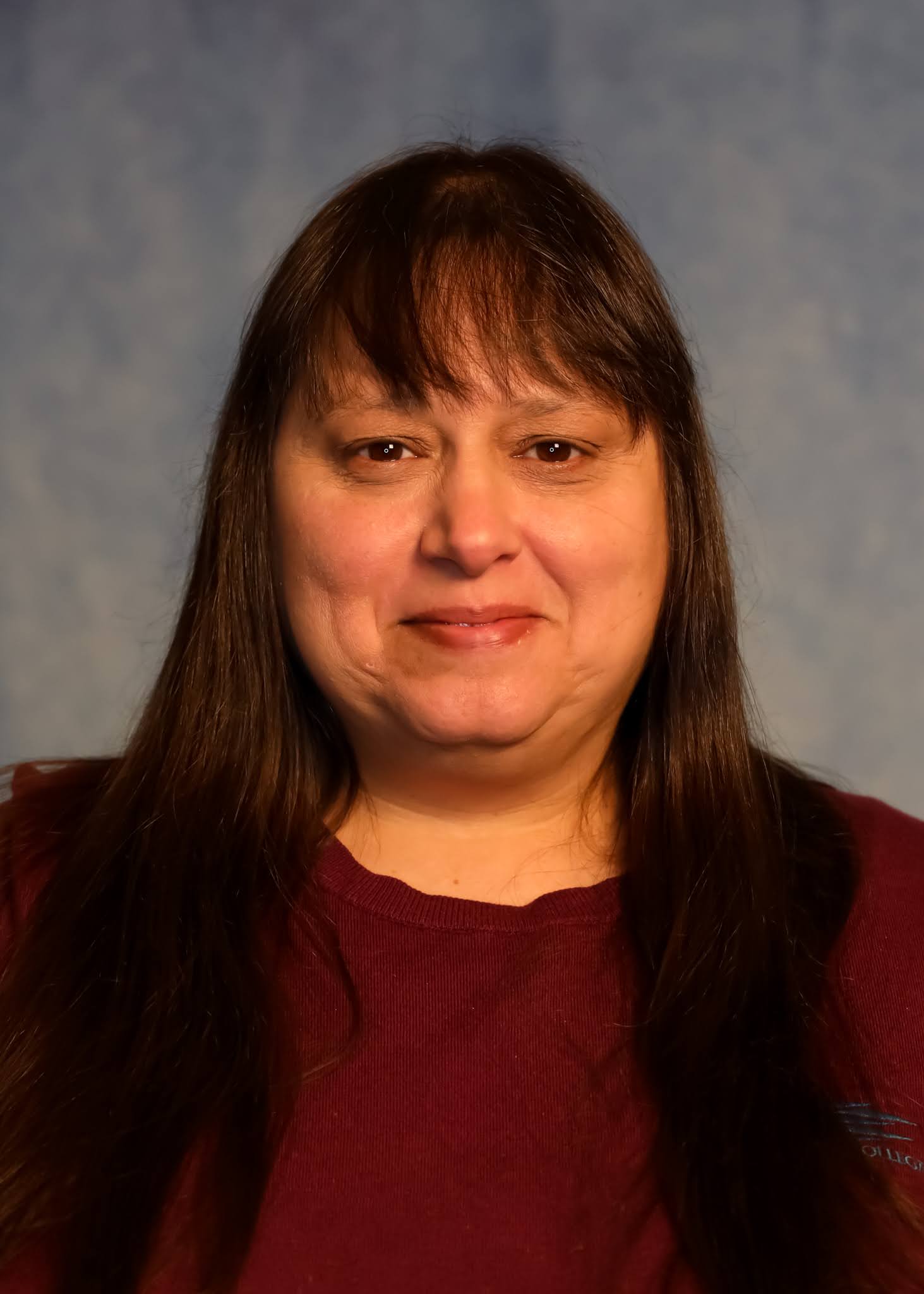
Sanderson, Patricia

B.S.E., M.A., M.S.E., Arkansas State University


